Let’s be honest: few things test the patience of a cat parent like discovering your feline has decided the floor, bed, or even your favorite shoes are a better bathroom than their litter box. You’re left standing there, muttering, “Why, Whiskers? Why?” But before you let frustration get the best of you, take a deep breath. Cats don’t pee outside the litter box out of spite (as much as it might feel that way). There’s always a reason, and figuring it out is the first step to solving the problem.
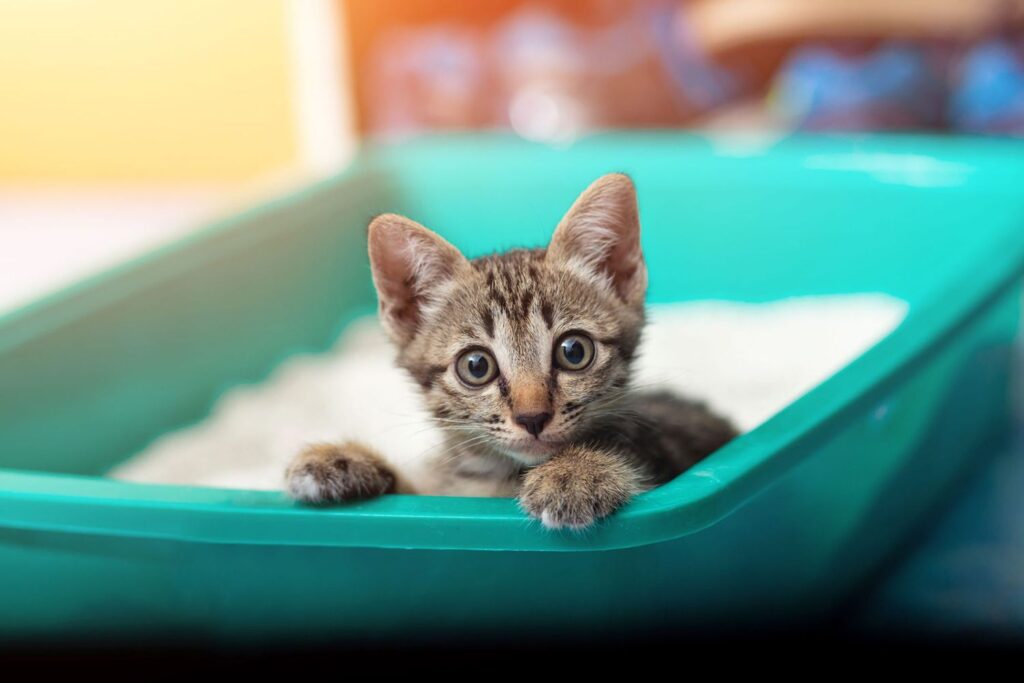
When Luna, my usually angelic tabby, started peeing on the bathroom rug, I went through every emotion—from shock to denial to full-on detective mode. Spoiler alert: we fixed it. Here’s what I learned about why cats pee outside the litter box and how you can help your furry friend get back on track.
1. Medical Issues: The Silent Culprit
One of the most common reasons cats pee outside the litter box is an underlying medical issue. Cats are masters at hiding pain, so inappropriate urination might be their way of signaling that something’s wrong.

Possible Medical Causes:
- Urinary Tract Infections (UTIs): This can make peeing painful, leading your cat to associate the litter box with discomfort.
- Bladder Stones: These cause blockages and pain, leading to accidents.
- Kidney Disease: Particularly common in older cats, this can cause increased urination.
- Diabetes: Increased thirst and urination can overwhelm your cat’s usual habits.

What to Do:
If your cat suddenly starts peeing outside the box, schedule a vet visit immediately. Ruling out medical issues is crucial before exploring other causes.
Luna’s Story: Turns out, her rug-peeing habit was due to a mild UTI. A quick course of antibiotics and she was back to being a litter box champ.
2. Stress and Anxiety: A Not-So-Hidden Cry for Help
Cats are creatures of habit, and any disruption to their routine or environment can send them into a tailspin. Peeing outside the litter box might be their way of coping with stress.
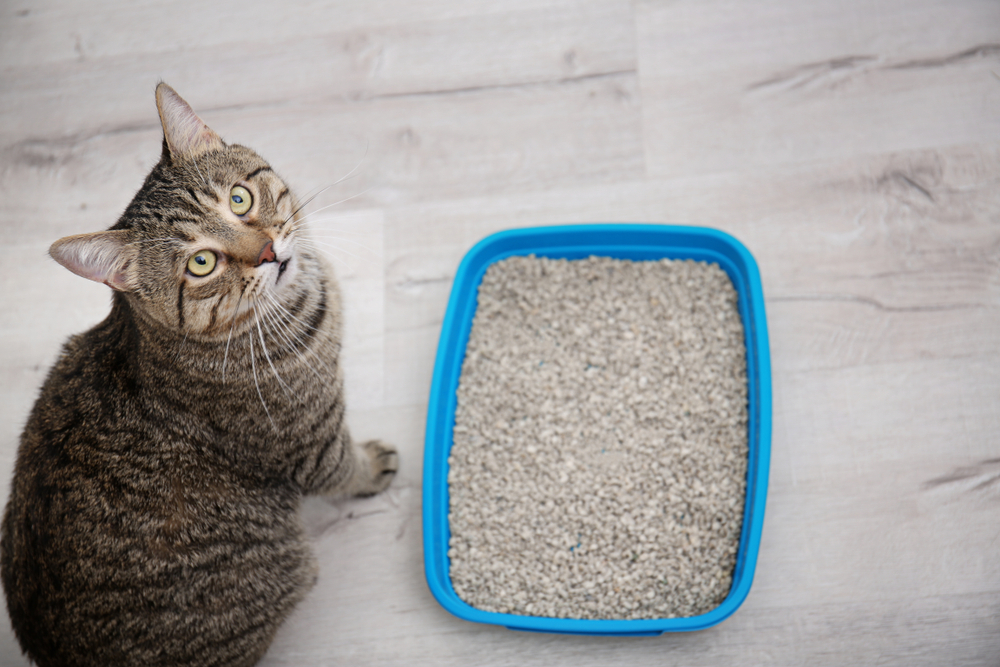
Common Stress Triggers:
- Moving to a new house.
- Adding a new pet or family member.
- Rearranging furniture or changing their environment.
- Loud noises or frequent visitors.
What to Do:
- Create a Safe Space: Set up a quiet area with your cat’s favorite toys, bed, and a litter box to help them feel secure.
- Use Calming Aids: Feline pheromone diffusers or sprays can reduce anxiety.
- Stick to a Routine: Regular feeding and playtimes can help restore a sense of normalcy.
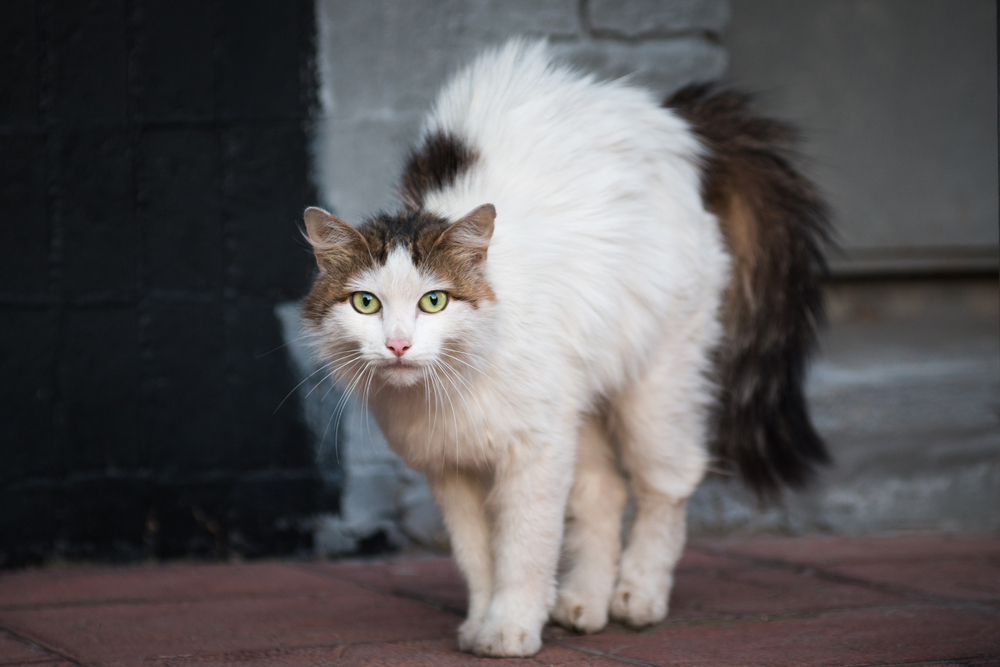
Luna’s Anxiety Moment: She had a full-on stress meltdown when I hosted a week-long family reunion. A pheromone diffuser and some extra cuddles helped her feel more at ease.
3. Litter Box Problems: The Unspoken Rules
Cats are picky about their litter boxes, and even minor changes can make them avoid it altogether. Imagine being asked to use a smelly, overcrowded bathroom—it’s no wonder they look for alternatives!
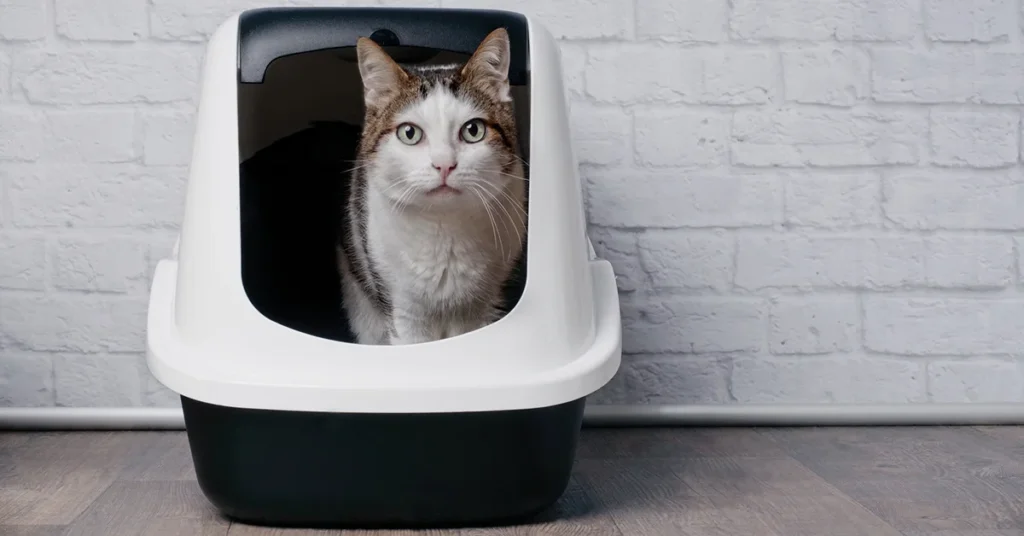
Common Litter Box Issues:
- Dirty Litter Box: Cats prefer a clean box. If you wouldn’t use it, they won’t either.
- Wrong Location: Litter boxes in noisy or high-traffic areas can scare off shy cats.
- Type of Litter: Some cats are picky about the texture or scent of their litter.
- Not Enough Boxes: The golden rule is one box per cat, plus one extra.
What to Do:
- Scoop the box daily and deep-clean it weekly.
- Place the box in a quiet, private spot.
- Experiment with different litters to find one your cat likes.
- Add extra boxes if you have multiple cats.

Luna’s Preferences: She demands unscented, fine-grain litter and refuses to share her box with her dog sibling. Divas have their standards.
4. Territorial Marking: Cats Have Opinions
If your cat is peeing near windows, doors, or other high-traffic areas, they might be marking their territory. This is especially common in multi-cat households or when outdoor cats are visible from the windows.

What to Do:
- Spay or Neuter: Unaltered cats are more likely to mark.
- Block Outside Views: Close blinds or use frosted window film to reduce territorial stress.
- Clean Thoroughly: Use an enzymatic cleaner to remove urine odor and discourage repeat marking.
- Feliway Multicat Diffuser: In multi-cat homes, this can help reduce tension between cats.
Max vs. Luna: When a neighbor’s cat started hanging out in our yard, Luna retaliated with some “creative” marking by the door. Blocking her view and cleaning the area solved the issue.
5. Aging and Mobility Issues: It’s Not Laziness
Older cats or those with mobility problems might avoid the litter box simply because it’s too difficult to access.
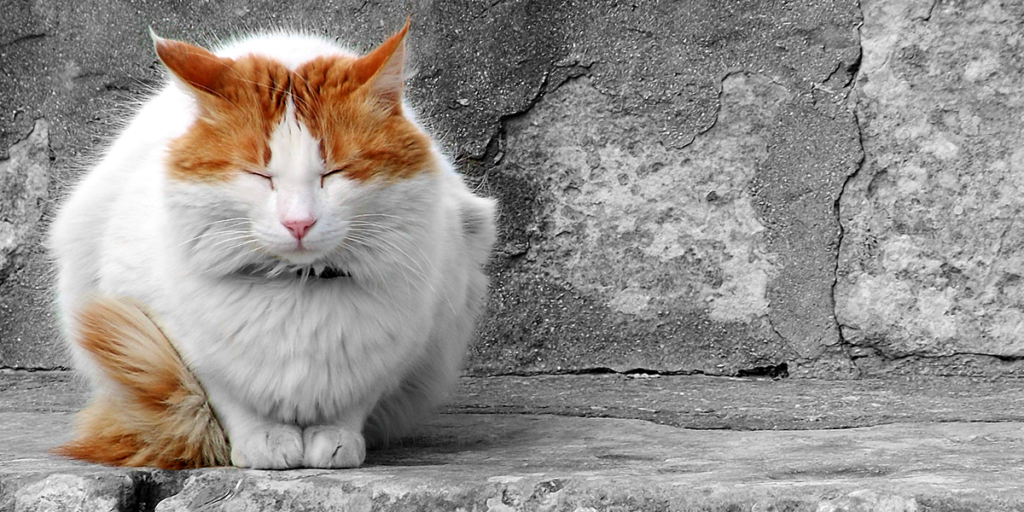
What to Do:
- Switch to a Low-Entry Box: Easier access can make a big difference for senior cats.
- Place Multiple Boxes: If your home has multiple floors, add boxes so they’re always nearby.
- Visit the Vet: Arthritis or other age-related issues could be the cause.
Luna’s Grandma Moment: When Luna turned 12, she started avoiding her usual box. A low-sided litter box did the trick, and now she’s back to her tidy habits.
6. Attention-Seeking Behavior: Drama King or Queen?
Sometimes, cats pee outside the box simply to get your attention. If they’re feeling ignored, they might resort to mischief to remind you they’re there.
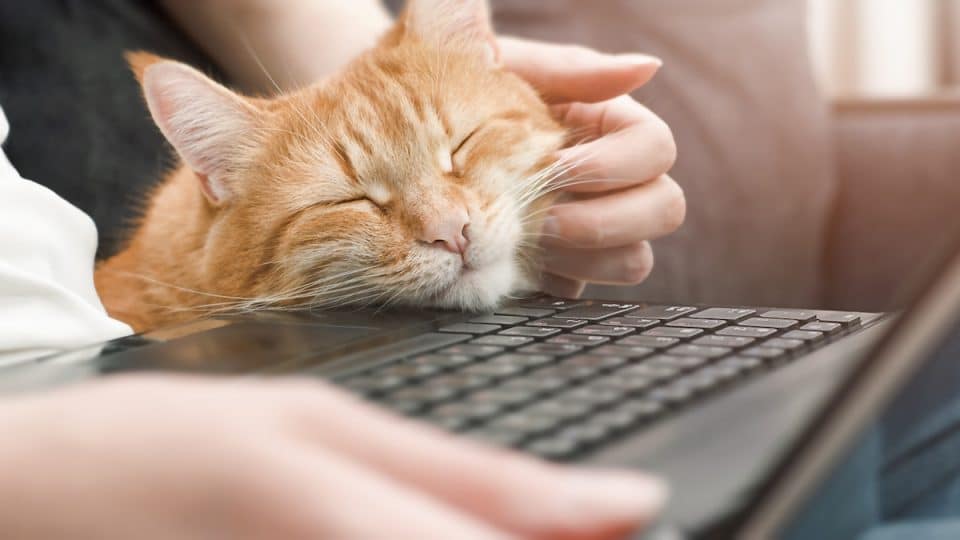
What to Do:
- Spend more time playing and bonding with your cat.
- Make sure they have plenty of mental and physical stimulation.
- Avoid punishing them—this can increase anxiety and worsen the behavior.
Luna’s Drama Queen Phase: After a busy work week, Luna peed on my gym bag. A few extra play sessions later, she was back to being her sweet (albeit demanding) self.
7. Cleaning Up: Getting Rid of the Evidence
No matter the cause, cleaning up after your cat’s accidents properly is crucial. If the smell lingers, your cat might return to the scene of the crime.

Cleaning Tips:
- Use an enzymatic cleaner to break down the urine at a molecular level.
- Avoid ammonia-based cleaners, as they can mimic the smell of cat urine.
- Wash affected fabrics with baking soda and vinegar to neutralize odors.
Final Thoughts: Solving the Mystery
When your cat pees outside the litter box, it’s their way of saying, “Something’s not right!” Whether it’s a medical issue, stress, or a simple litter box preference, there’s always a reason behind their behavior. The key is to approach the situation with patience and understanding.

For Luna and me, her bathroom rug rebellion was a wake-up call to pay closer attention to her health and needs. Now that we’ve resolved the issue, she’s back to being the tidy, lovable cat I know and adore.
Has your cat ever peed outside the litter box? Share your stories—and solutions—in the comments! 🐾


